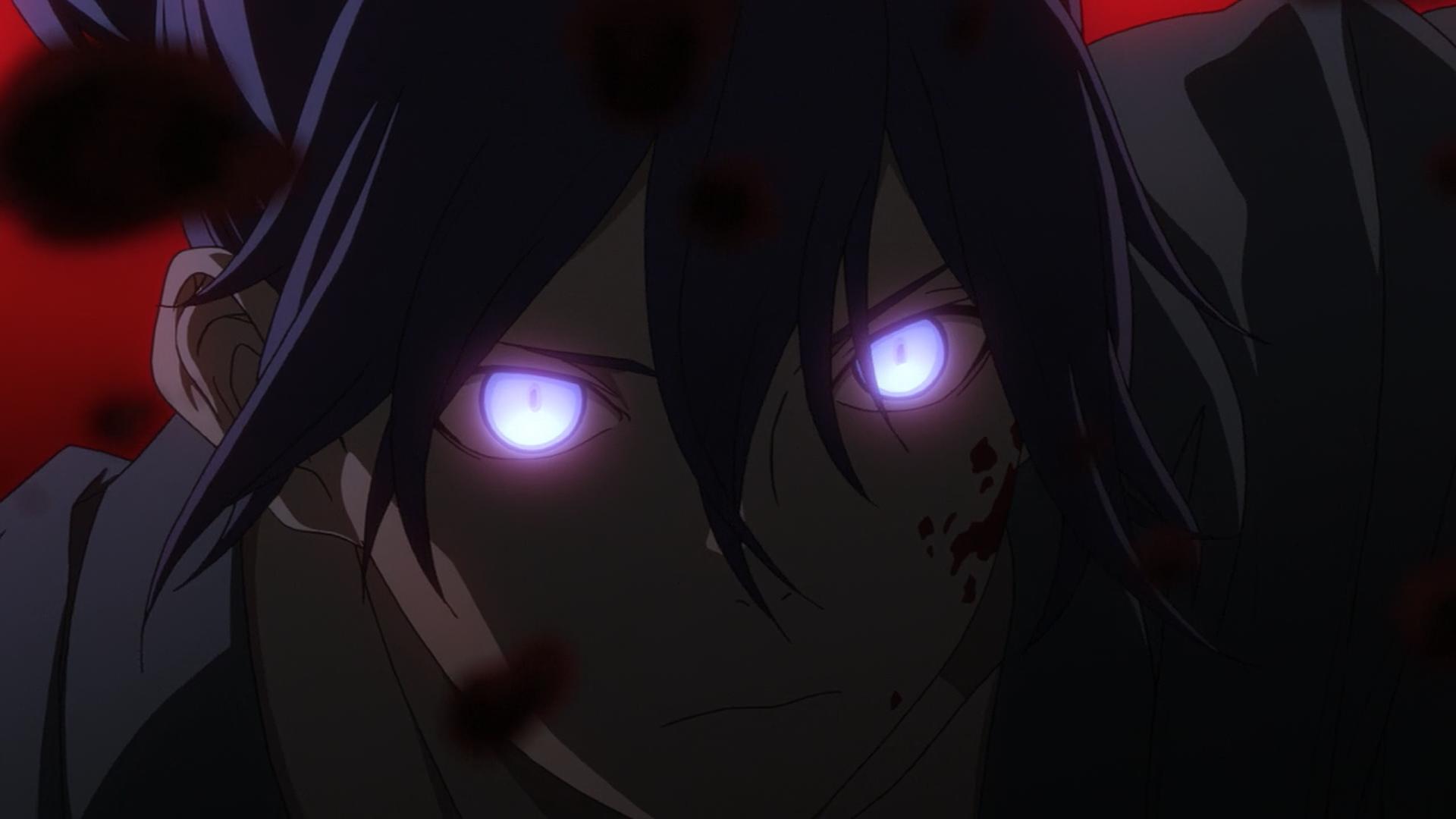Unable to find evidence, it’s time to commit seppuku, that’s definitely how it works for anything you fail at in Japan.
Ok, so obviously the stakes were raised for Sakuma, as Miyoshi and the others have used his life as the ultimate sacrifice in their game. Luckily, Sakuma figures out what is going on before ending himself – the american spy had his contraband and ciphers located in a spot that was previously undiscovered by the previously unknown first round of searching.
By following the logical string of thought and extrapolating what this means, it is clear that Sakuma was set up in some fashion. Eventually tracking it back to his superior and cornering him, he ends up finding he has more in common with the spy agency than originally thought. To Miyoshi and his superior, it is clear that Sakuma is more than what they expected and clearly is more than just a common soldier.
Maybe I didn’t pay enough attention to the first episode but I wasn’t extremely clear on Sakuma’s allegiance and relationship with Lieutenant Colonel Yuuki/Colonel Muto compared to the agency, so the implications of “Why did he send us to search this place if he had already done so?” didn’t hit me quite immediately. On second examination though, things line up – just make sure you’re paying attention, unlike me!
It’s hard to say whether or not we have a “formula” in place yet for Joker Game – I can only imagine that much of the action is going to revolve around espionage and mystery; that is to say, we may see much more of the “retracing our steps” segment that we saw today.
It’s worth noting that Joker Game’s source material does not fall into one of our three typical candidates for an anime: It is in fact a typical novel. Without a light novel or manga to pave the way, there is something to be said for every decision that the anime makes given that there is no strict rubric as we know it for this story’s source material. Pay close attention to the direction and what it chooses to focus on, as if done well it will starkly contrast with what we’re used to.










